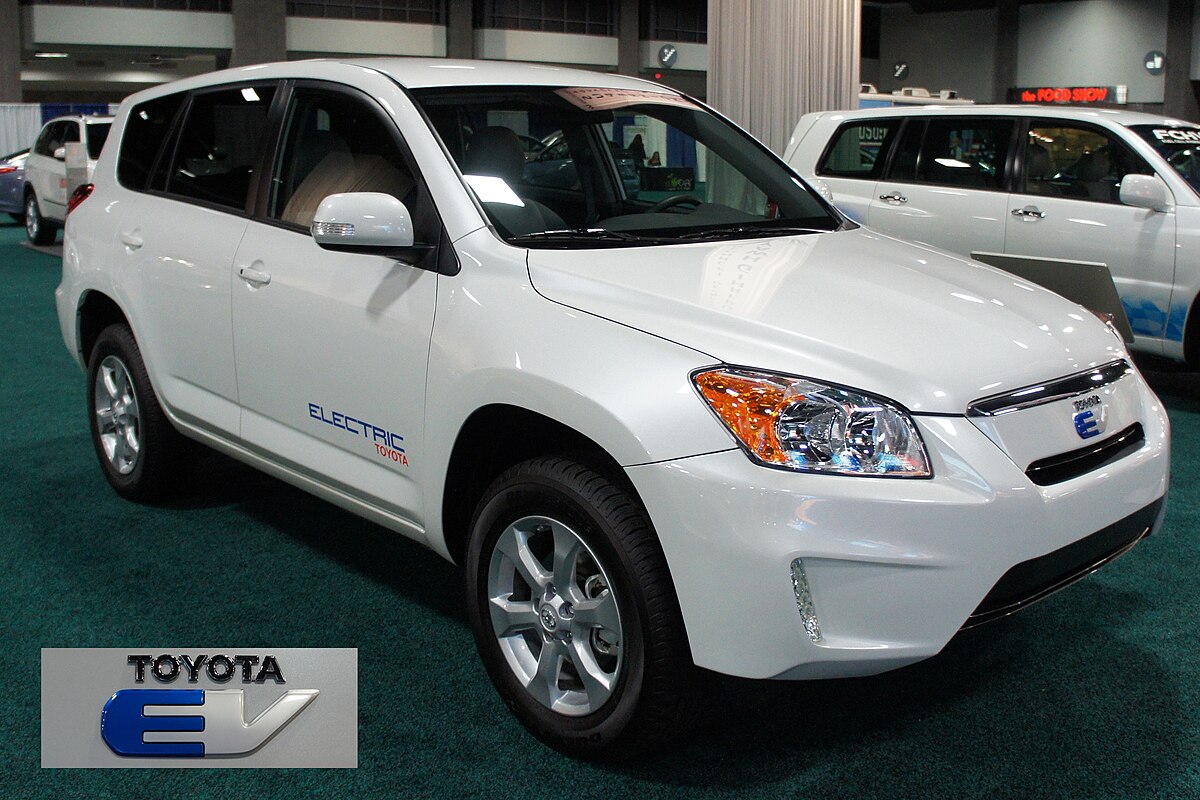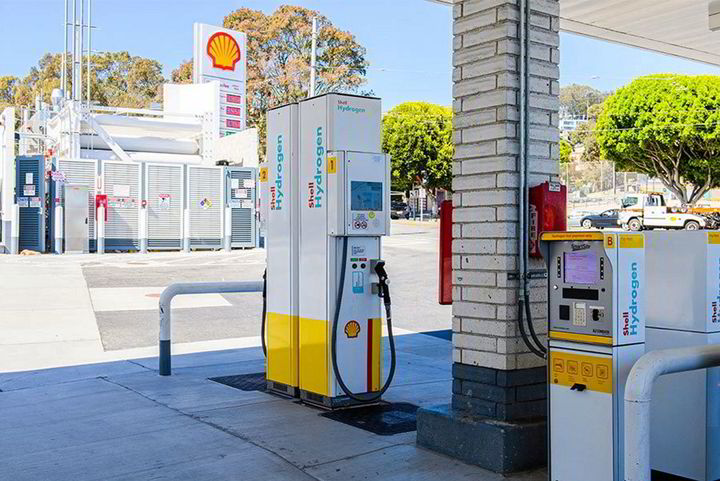Soldato
- Joined
- 23 May 2006
- Posts
- 8,165
Toyota have always been anti EV , including adverts ridiculing plug in cars as well as trying to change the narrative of hybrids which are incapable of being plugged in to becoming "self charging hybrids".
Its a shame imo, as toyota have produced some great cars over the years, and even really went for it early doors with decent hybrids....... but they backed the wrong horse with hydrogen (or at least by going that way at the expense of EVs) and are now looking to be a fair way behind all their competition.
I love the styling of the C-HR and would happily have bought one if they did an EV version - or at least a plug in version with a proper decent battery only range.... instead we got an i3.
Its a shame imo, as toyota have produced some great cars over the years, and even really went for it early doors with decent hybrids....... but they backed the wrong horse with hydrogen (or at least by going that way at the expense of EVs) and are now looking to be a fair way behind all their competition.
I love the styling of the C-HR and would happily have bought one if they did an EV version - or at least a plug in version with a proper decent battery only range.... instead we got an i3.
Last edited:




